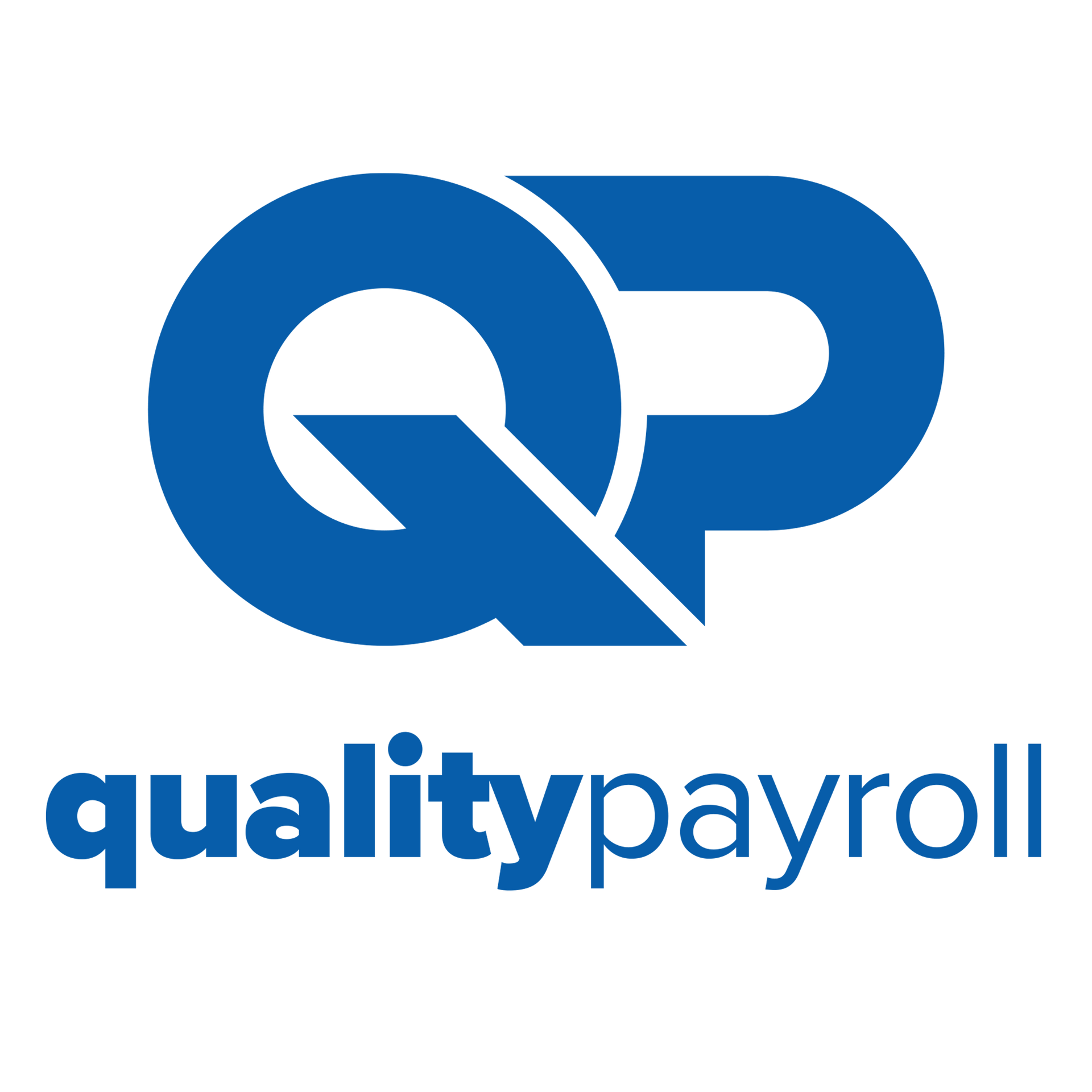Navigating Employee Benefits Law: A Guide for Utah Businesses
In the intricate world of business management, understanding employee benefits law is crucial for Utah businesses. From health insurance to retirement plans, employers need to be well-informed about their legal obligations and options when it comes to providing benefits to their employees. By gaining a clear understanding of the laws governing employee benefits, businesses can ensure compliance and effectively meet the needs of their workforce while maximizing their operational efficiency and competitiveness.
Understanding the Landscape: The Importance of Compliance
For small businesses operating in the Sandy and Hurricane regions of Utah, navigating the intricacies of benefits legislation can seem daunting. This task holds critical importance in ensuring the legal and financial health of a business. Starting with an overview of key benefits legislation, it's evident that both federal and local laws have a significant impact on how small businesses administer employee benefits.
At federal legislation affecting small businesses are the Affordable Care Act (ACA) and the Employee Retirement Income Security Act (ERISA). These laws mandate certain standards for health benefits and retirement plans, respectively. While these are federal requirements, Utah-specific legislation and regulations also play a crucial role in shaping how small businesses in the Sandy and Hurricane areas must operate. Therefore, understanding the local legal scene is equally important.
The implications of non-compliance with these laws can be severe for small businesses. From financial penalties to legal actions, the consequences of overlooking legal requirements in benefits administration are substantial. For example, failing to comply with ACA requirements could result in hefty fines, while ignoring ERISA guidelines could lead to litigation issues. These potential pitfalls highlight the necessity for businesses to ensure they are within the bounds of the law.
Considering the dynamic nature of benefits legislation, it's pivotal for business owners to stay abreast of updates and changes not just federally, but at the local level as well. The interpretations of laws can evolve, and new regulations may be introduced, adding layers to compliance requirements. In such a rapidly changing environment, staying informed is fundamental to avoiding the pitfalls of non-compliance.
In essence, the task of navigating benefits legislation for small businesses in Utah demands diligence and awareness. The repercussions of non-compliance underscore the importance of adherence to both federal and local laws. By keeping informed and seeking necessary guidance, business owners can ensure that they are making well-informed decisions in the administration of employee benefits, thereby safeguarding their businesses against legal and financial risks.
Navigating Federal Legislation: ACA and ERISA Basics
The Affordable Care Act (ACA) and the Employee Retirement Income Security Act (ERISA) represent two pillars of federal benefits legislation that significantly influence small businesses. Understanding them is not merely a regulatory requirement but a strategic advantage.
The ACA, enacted to expand healthcare coverage, introduces essential considerations for small businesses. For those with 50 or more full-time employees, offering health insurance is not an option—it’s a mandate. Beyond this threshold, the ACA provides opportunities for small businesses to obtain affordable coverage through the Small Business Health Options Program (SHOP). The ACA's compliance landscape includes reporting requirements and potential penalties for failure to comply, illustrating the law's extensive reach.
ERISA, on the other hand, sets standards for retirement and health benefit plans of private-sector employers. It demands that plan fiduciaries, who manage assets, adhere to specific responsibilities and act in the participant's best interest. For small businesses, this means ensuring any offered retirement plans meet ERISA's stringent guidelines for transparency, funding, and governance. This act, therefore, not only aims to protect employees but also guides employers in the administration of benefits.
Local Legislation and Regulations in Sandy and Hurricane, Utah
While federal legislation provides a broad framework, local laws in Utah regions like Sandy and Hurricane fine-tune this landscape for small businesses. These local laws can affect various aspects of benefits administration, from health insurance premiums to retirement savings incentives, and they often work in tandem with federal standards to ensure comprehensive coverage for employees.
For instance, Utah's specific health reform efforts may introduce additional requirements or opportunities for small businesses seeking to provide health benefits. Similarly, local retirement plan arrangements, influenced by both ERISA and state laws, may present unique compliance challenges or advantages.
In effect, harmonizing compliance with federal ACA and ERISA requirements while navigating Utah-specific legislation necessitates keen attention to detail. Business owners should consider seeking legal counsel or utilizing authoritative resources like the [Utah Insurance Department](http://insurance.utah.gov/) for state-specific regulations to ensure thorough understanding and compliance.
Utah business owners are tasked with navigating a complex web of federal and local legislation regarding benefits administration. By delving into the specifics of the ACA, ERISA, and local Utah laws, businesses can better position themselves to provide optimal benefits packages to their employees while adhering to legal requirements and avoiding the complications of non-compliance.
Best Practices for Compliance
Ensuring compliance with both federal and Utah-specific legislation on benefits need not be a Herculean task. Small business owners can adopt a set of best practices to navigate these requirements with ease. First, it's crucial to establish a robust system for record-keeping and documentation. This practice is not only a requirement under several laws but also serves as a safeguard should any compliance issues arise.
Secondly, leveraging technology can greatly simplify compliance. Many software solutions are designed to assist with ACA and ERISA reporting requirements, as well as manage the intricacies of local Utah regulations. These tools can automate many of the processes involved, reducing the likelihood of errors and freeing up business owners to concentrate on core business activities.
Engaging a professional payroll or benefits administration service can also offer significant advantages. These services stay abreast of the latest regulation changes and can provide expert guidance on compliance matters, thus reducing the burden on small business owners.
Future Trends in Legislation
The landscape of benefits legislation is continuously evolving. Anticipating changes and preparing accordingly is essential for maintaining compliance and leveraging potential benefits. For instance, future trends may include more stringent reporting requirements under the ACA or updates to ERISA that could affect retirement plan administration.
Technology is likely to play an increasingly prominent role in compliance, with new solutions emerging to streamline the process further. There may be shifts in Utah’s legislation, particularly concerning health insurance and employee benefits, in response to national healthcare trends.
By staying informed and proactive, businesses can navigate these shifts effectively. Participating in local business associations or attending relevant legal seminars can help keep business owners ahead of the curve.
Resources and Tools for Utah Business Owners
Numerous resources and tools are available to help Utah business owners understand and comply with benefits legislation. The U.S. Small Business Administration (SBA) offers guidelines and advice on federal compliance issues, including ACA and ERISA. For Utah-specific information, the Utah Insurance Department provides updates on local health insurance regulations and requirements.
Online platforms like LegalZoom and SHRM (Society for Human Resource Management) offer tools and services tailored to small businesses, including compliance calendars and customizable document templates. These can significantly reduce the complexity of managing employee benefits.
Navigating the maze of benefits legislation requires a diligent approach from Utah business owners. Through best practices, awareness of future trends, and utilizing available resources, compliance can be seamlessly integrated into business operations. This proactive stance not only protects against legal repercussions but fosters an environment of transparency and security for employees, contributing to the overall success and sustainability of the business.
Ready to navigate the intricate landscape of employee benefits law for your Utah business? For expert assistance and personalized support,
reach out to My Quality Payroll today.










